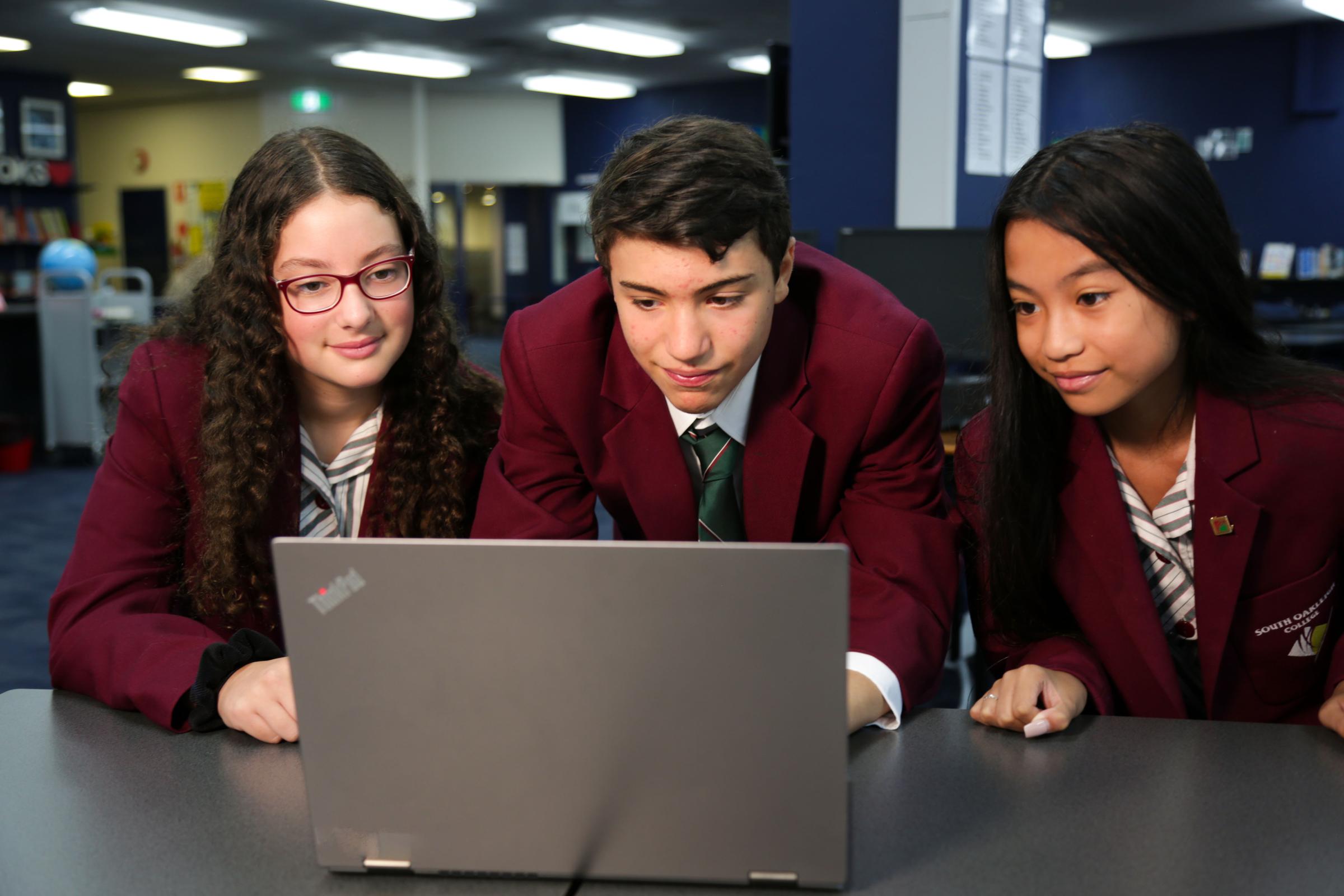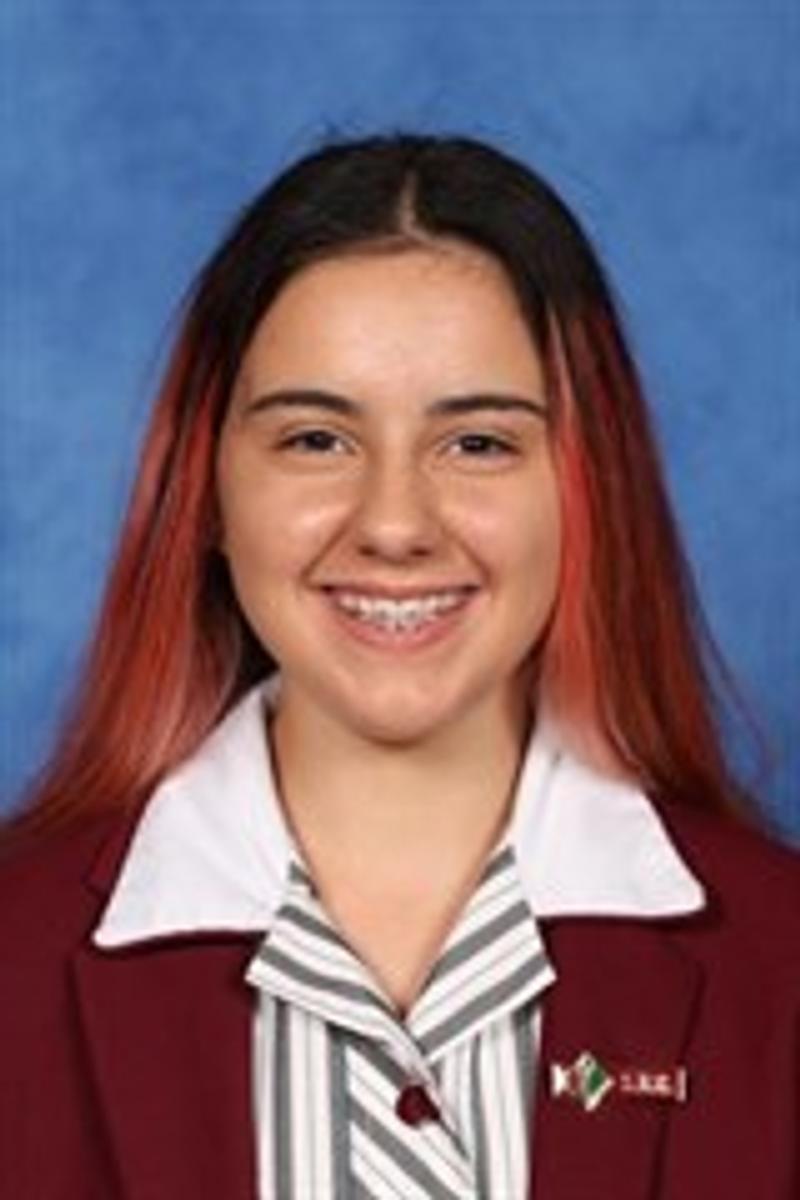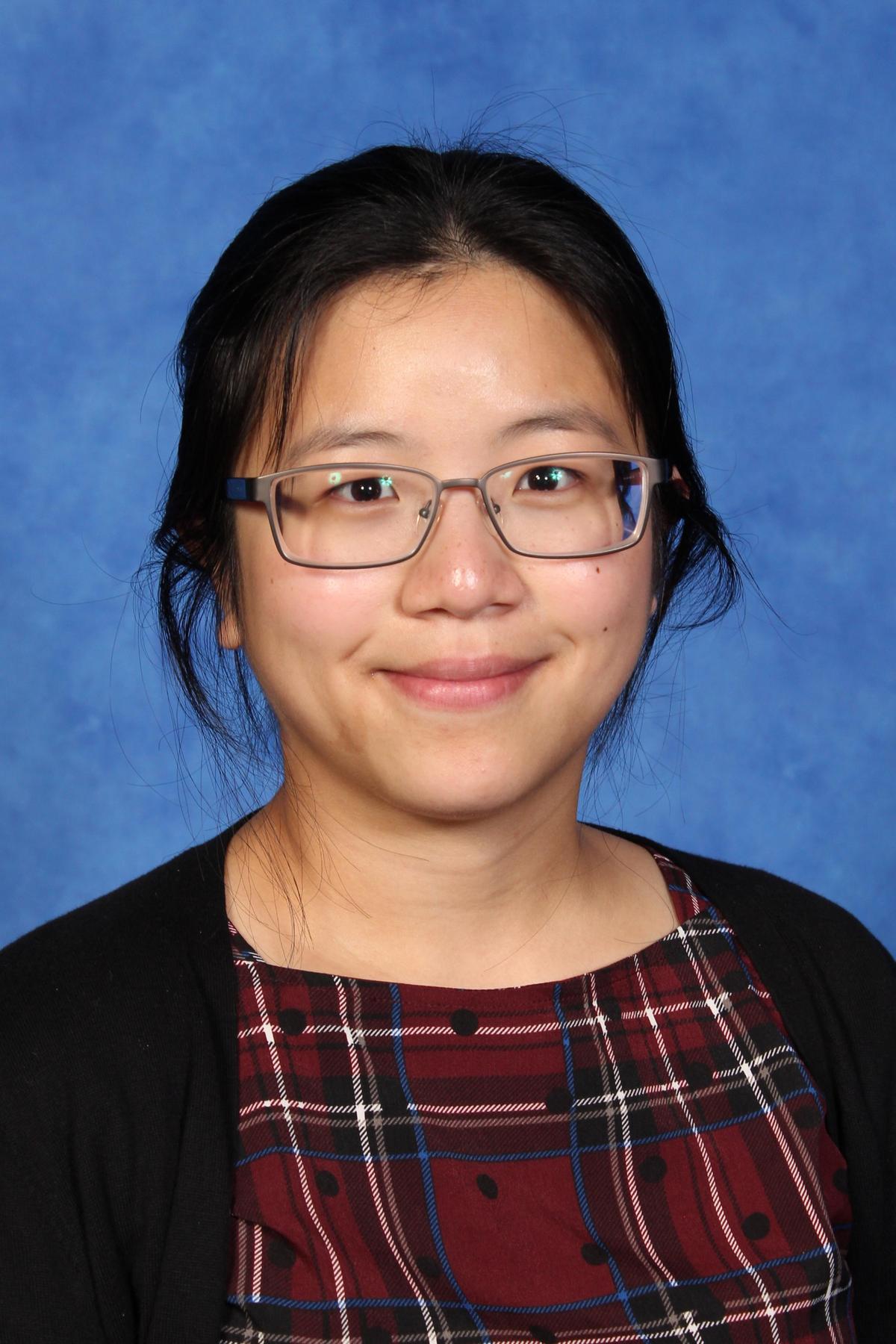Camps & Excursions

Digital Identity: Year 9 Incursion
On May 5th, an Optus Digital Thumbprint representative spoke about our digital identity. We learned what social media is used for, whether it is from the perspective of a potential job or just to be social and show people what you are up to. We discussed how employers find out about us by researching ourselves and seeing ourselves through the eyes of others. It made us consider what we publish on social media and how it may impact our lives. I learnt a lot about how I appear in person and on the internet, as well as how to use my digital identity to my advantage.
Shyli Barak
Year 9 Student
Supporting young people to be safe, responsible and positive online is a key challenge for educators and parents alike. There is a range of free resources for parents and care-givers that support you to have effective conversations around what young people should and shouldn’t share online, cyberbullying, and how digital technology can support effective study practices.
For more information on the Digital Thumbprint program please visit https://www.digitalthumbprint.com.au/parent-resources/
eSafety Commissioner also has excellent resources for parents and carers to help children have safe experiences online: https://www.esafety.gov.au/parents
Penny Hsiao
Health Promotion Nurse
Monash Tech School Incursion / Excursion (16 – 18 June)
Program: SuperFoods, Year 9B, 9C, 9D, 9E
Students from classes 9B, 9C, 9D & 9E took part in an incursion/excursion program organised by the Monash Tech School held both at SOC (incursion) and within the Monash University Clayton Campus between Wednesday 16 June to Friday 18 June. Students across all four classes, along with a few teachers representing KLAs that include Humanities, Food Tech, English and the Arts, were very enthusiastic participants. This was a new program called ‘SuperFoods’ introduced for the first time this year. The program was a combination of several disciplines involving STEM.
SuperFoods Program included the following:
In a world of potential food shortages, one needs to find new ways of creating food that is nutritious, can be mass-produced, and generate a minimal carbon footprint when compared with modern-day farming techniques. One potential solution is a blue-green algae known as Spirulina. Spirulina is not only extremely nutritious and compact, it can also be used to absorb carbon dioxide from the environment to produce oxygen. It has a downside: Spirulina is not all that appealing to eat as a meal.
As part of the SuperFoods Program, students learned about the properties of Spirulina. Using the design-thinking framework, students worked in teams to design a Spirulina meal that potential restaurant goers might find appetising. Students altered the taste and smell of spirulina to suit people’s personal tastes using synthetic biology techniques. They even designed a meal tailored specifically to an individual’s medical needs.
Technologies used were as follows:
- High Performance Liquid Chromatography
- Bio 3D-Printing
- Synthetic Biology
Program: SuperCities, Year 8A, 8B, 8C, 8D
Students from classes 8A, 8B, 8C & 8D participated in an incursion/excursion program organised by the Monash Tech School held both at SOC (incursion) and within the Monash University Clayton Campus between Wednesday 16 June to Friday 18 June. Students across all 4 classes along with a few teachers representing KLA’s that include Humanities, Food Tech, English and the Arts, were very enthusiastic participants. This was a new program called ‘SuperCities’ introduced for the first time this year. The program was a combination of several disciplines involving STEM.
SuperCities Program included the following:
The Supercities Program challenges students to engage with the city and its activity centres from an urban planning and engineering point-of-view. They learn to design with a range of new technologies that will inform how a more prosperous, connected, liveable, greener and fairer city might emerge from the challenges brought on by urban growth, COVID-19 and climate change.


